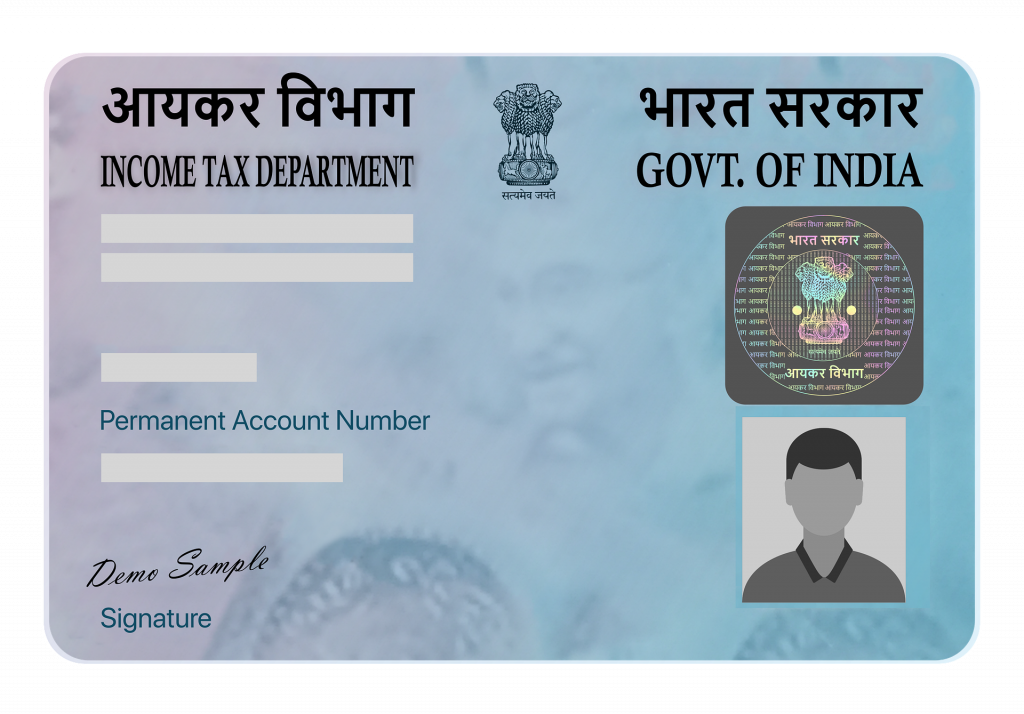Introduction
In the digital era, it’s a common scenario for Non-Resident Indians (NRIs) to receive communications from the income tax department for a straightforward cause: the absence of their updated residential status in the income tax records. This lapse can result in undesirable inquiries, close examination, and notifications. Within this piece, we’ll delve into how NRIs can effortlessly ensure the updating of their residential status within the income tax portal and records, effectively averting these inconveniences.
Don’t let reading hold you back, Watch our video instead
Hello, I’m CA Arun Tiwari, specializing in International Taxation, with a particular focus on NRI Taxation. I’ve noticed an increasing number of NRIs facing issues with their income tax records because the income tax department is continually updating its data. Many NRIs neglect to open an NRO (Non-Resident Ordinary) account to manage their Indian income, even if they maintain income-generating assets in India.
When you become an NRI, it’s crucial to follow a few key steps. First and foremost, you should create an NRO account to receive all Indian income. Unfortunately, many individuals continue to use regular savings or current accounts for transactions, which can lead to discrepancies in your income tax data.
Consult CA Arun Tiwari for more information at 📞 8080088288 or cs@aktassociates.com
The income tax department often perceives such individuals as residents due to the frequent transactions from these sources, despite their NRI status. This mismatch in data is a primary reason for receiving notices. To avoid this, you should promptly update your residential status in the income tax database.
Here are two straightforward methods to achieve this:
Method 1: Update Your Profile Online
- Ensure you have a PAN card (Permanent Account Number) and an online income tax profile.
- Visit the income tax department’s website and use your PAN card number to create your profile.
- In the profile section, change your residential status to “Non-Resident.”
This first method is quick and can be done immediately. If you need more detailed instructions, I’ll create a separate video tutorial.

Method 2: Update Your PAN Card Data
While the first method is a temporary solution, the second method offers a permanent fix. Here’s how to do it:
- Visit either the NSDL or UTIISL websites, both of which manage PAN card data.
- Fill out the online form to update your PAN card data.
- Specify the change in your residential status to “Non-Resident.”
- Submit the required details and pay any associated fees.
- You’ll receive a new PAN card, but the PAN number remains the same.
Updating your PAN card data ensures that all income tax-related information aligns with your NRI status. It’s a more comprehensive and lasting solution.
Additionally, consider updating your contact information:
- Email Address: Ensure it’s your active email as professionals like Chartered Accountants may no longer monitor your email once you’re not their active client.
- Mobile Number: Keep it current to receive important communications.
- Foreign Address: This is especially important as it allows the income tax department to send notices to your overseas address if needed.
By following these steps, you can avoid receiving notices or demands from the income tax department due to outdated residential data. Remember, even as an NRI, you’re still a taxpayer in India if you have investments or income-generating assets in the country. Complying with income tax regulations will save you from unnecessary headaches and legal complications down the road.
Conclusion
In conclusion, updating your residential status as an NRI is a pivotal step for ensuring tax compliance and financial stability. By following the process and keeping your status up-to-date, you can avoid complications and enjoy the benefits of a seamless financial journey. Take action now to safeguard your financial well-being and stay on top of your NRI responsibilities.

